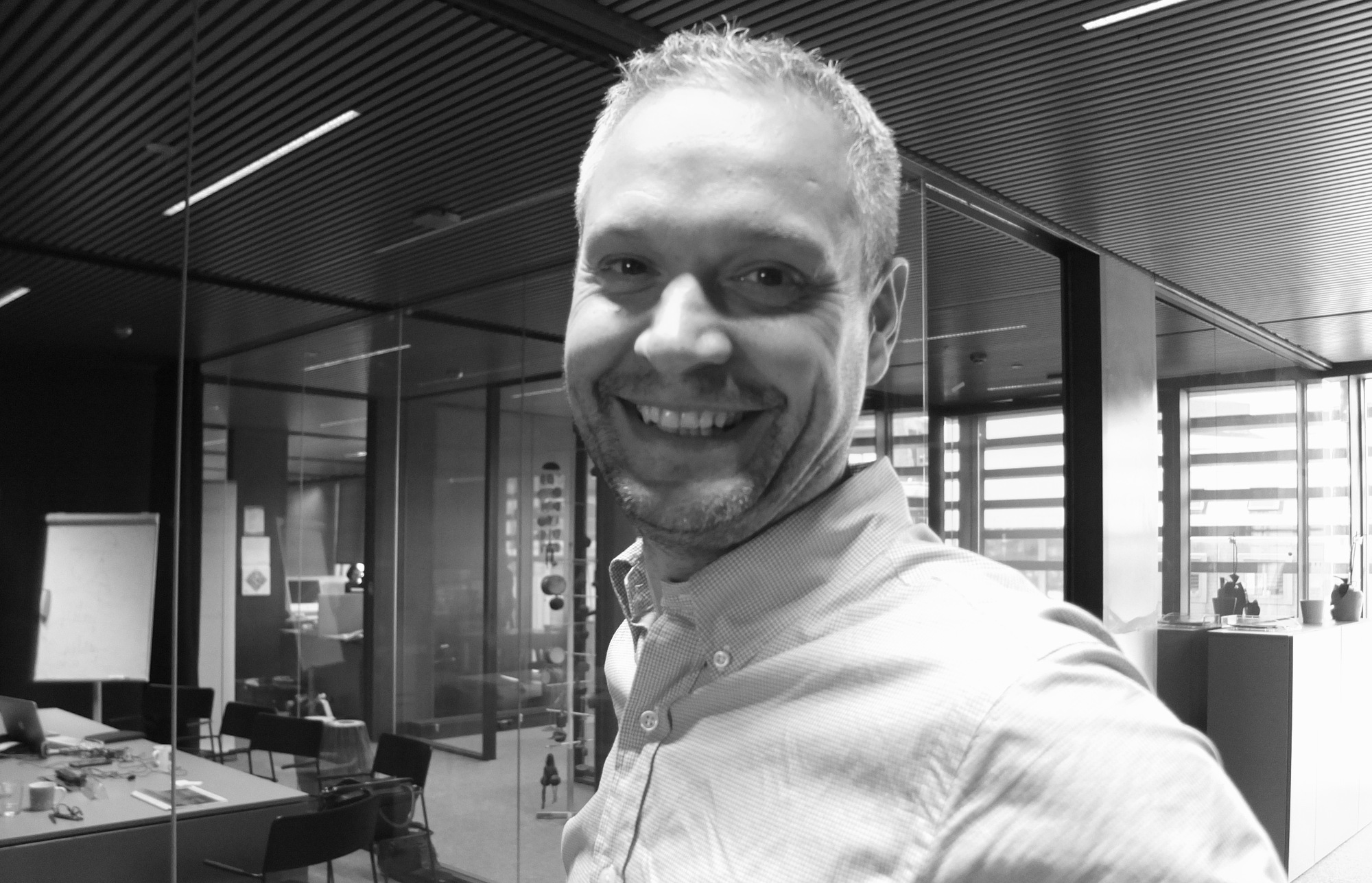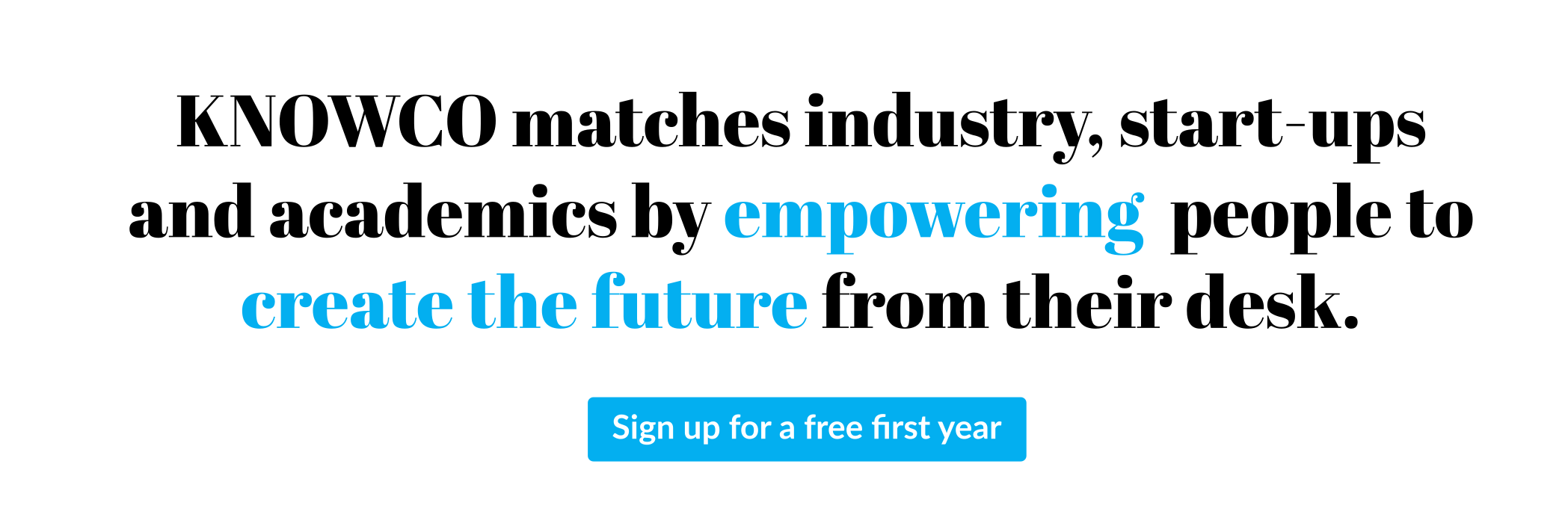Prof. Dr. Erik Mannens
Professor of Data Science at Ghent University, Belgium
Director of Research Valorization at IMEC
Research Manager for IDLab
Advisory Committee Representative for W3C
ABOUT RESEARCH
Why did you become a professor? And how did you become a professor at Ghent University?
When I did my final year project back in 1992 as an Erasmus student in Dublin, I took a course on satellite communication from a professor who had worked for the ESA for 20 years. He could give so many hands-on examples that I thought to myself that when I had worked in the industry for 20 years, I probably would want to share my knowledge with young students as well. And, so I did. I worked as an IT-consultant for 15 years before I joined iMinds as a project manager. Shortly after, I got my Ph.D. when I was in my 40’s and soon afterward I was offered a part-time professorship.
We were very impressed when you talked about how you mix art and science during our podcast interview. Can you please explain why you see a correlation between these two disciplines?
Data Science is an art in the respect that you need vast computational resources: AI algorithms, lots of data, and some human magic. It is the ingenuity of the data scientist that makes difference for a certain AI solution, such as which algorithm to combine with which data features and parameters to outperform another AI solution. Hence a data scientist is more of an artist than a skilled engineer.
You organize creative events such as hackathons and sports events for researchers and start-ups. How did you find the creativity and inspiration to think outside of the box?
I like the idea of Google letting all their employees freewheel and research new things for half a day each week. I implement this in my own team every summer when I intermingle all the different teams into small, mixed teams of four to work on some crazy ideas and demos.
What is your main achievement or the research project you are most proud of?
My semantics team is top-three in the world and we already completed lots of standardization work in W3C, a.o., including the first reference implementations of the provenance model and media fragments.
What is your vision of the future for corporations that are able to use AI? Which could be the easiest way to adopt AI successfully in a corporate environment?
Personally, I think we all underestimate the adoption rate of AI. It’s already in all our phones (Siri, Google Now, Cortana, and Alexa) and it will vertically revolutionize every industry we know of in the next 5 years.
ABOUT BUSINESS
You are a public speaker and an active networker within the Belgian research & industry communities. How did you become well-known and a leader in these areas?
Frankly, it is the current AI-hype that made me popular within the industry landscape the last couple of years. As for my research, our lab has been labeled outstanding since 2007, and other labs have been aware of that since 2010 or so when we were big enough to get noticed in the top conferences. Since then, they call us “Team Belgium” because I always had 7 to 10 people attending and presenting at these conferences with me.
Since you gained 15 years of business experience before becoming a professor, how do you apply your business experience to your research life now? What are your best practices for working with companies?
Well my rationale is that research should always be win-win-win, for example, students should be able to grasp and help solve real-world problems within companies as soon as possible, companies should be able to get their hands on (applied) research outcomes as soon as possible, and universities should be able to valorize (fundamental) research both in applied projects within the industry & within research papers with valid, tangible, and tested systems that are already in place in industry.
If you have a nice project in mind with a start-up, which one comes to mind? What about with a business?
All neat ideas these days come with an NDA 😉 … but I have plenty of ideas on my bucket list!
How do you look for research projects? Do you have a secret for spotting The Next Thing for a research project?
Not really. My adage is to be the best at what you do and keep your customers satisfied no matter what it takes. The rest is simple because word of mouth does the rest!
ABOUT INFLUENCERS
You mentioned during the podcast that you are following accounts on Twitter to gain knowledge and to read articles. Which are your favorite Twitter influencers and magazines or blogs?
TechCrunch and frankly just the Twitter handles of all of my LinkedIn buddies … I could click & read all night 😉
ABOUT LIFE
What is the biggest lesson you learned in life? Did you have a “light bulb” moment?
Be colourblind as all (wo)men are equal. Dialogue always wins. Avoid any kind of stupidity!
Do you have a special diet to be a super performer in work, life, and sports?
If you put me on a deserted island, I could eternally survive on lobster, blueberries, scrambled eggs, and dark chocolate.
Book recommendations by Prof. Erik Mannens:
You can find out Professor Erik Mannens’ Golden Rules for Living here and our podcast with him and Mieke De Ketelaere here.




